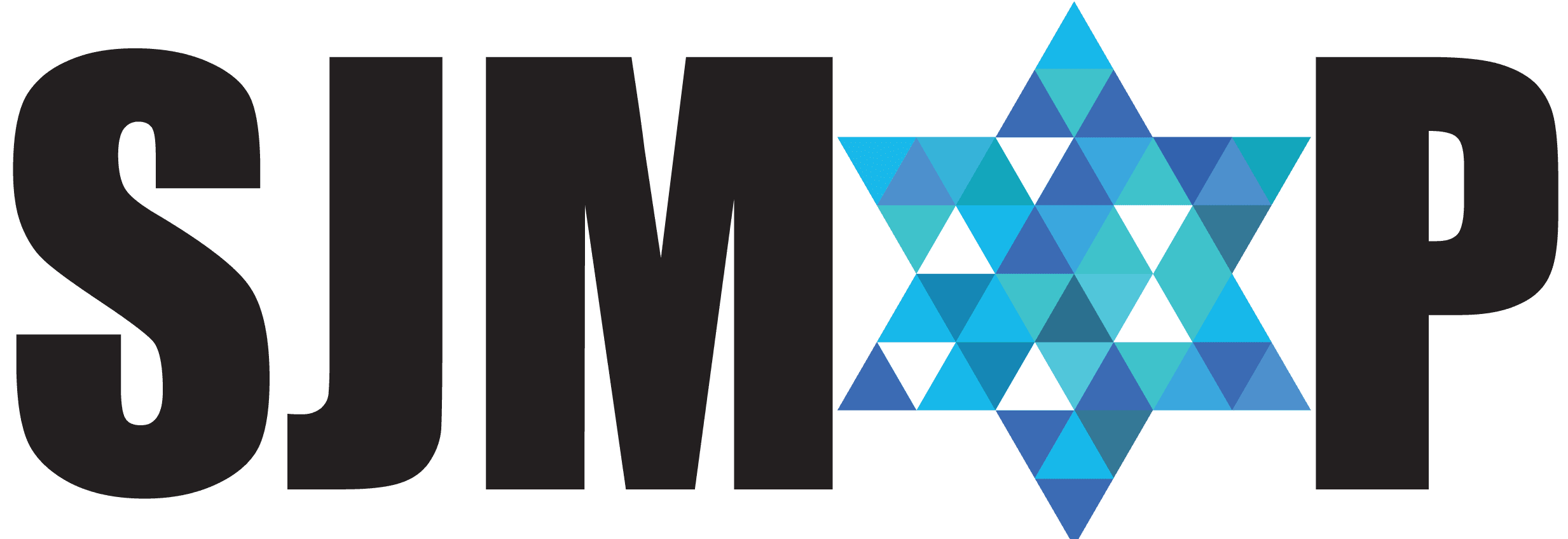SSSJ: After 1991
After the dissolution of the USSR in 1991, the Student Struggle for Soviet Jewry shifted its focus to the support of Jewish communities in the newly formed republics in Central Asia.
SSSJ Affiliates
The SSSJ national office was located in New York City. There were eight SSSJ-affiliated chapters in North America at various periods between 1964 and 1991.
Boulder, CO
Chicago
Montreal
Moscow, ID
New England (Boston)
Philadelphia
Yale University (New Haven)
Yeshiva University (NYC)
SSSJ National Leadership: Staff
Jacob Birnbaum, Founder & National Director
Glenn Richter, National Coordinator
David Stahl, Assistant National Coordinator
Henry Gerber
Allan Miller
SSSJ National Leadership: Board Officers
Alphabetical order
(Note: This is a partial list, additional research is needed)
Paul W. Freedman, Vice-Chair
Rabbi Irving Greenberg, Vice Chair
Martin Koenig, Secretary
David Nussman, Secretary
Rabbi Shlomo RIskin, Founding Chair
Morey Schapira, Vice-Chair
Rabbi Charles Sheer, Vice Chair
Rabbi Avraham Weiss, Chair
SSSJ National Leadership: Leaders & Coordinators
Alphabetical order
(Note: This is a partial list, additional research is needed)
Alan Alter
Stuart Apfel
Sheldon Benjamin
Alan Birnkraut
Gary Blair
Gil Bloom
Daniel Burstein
Larry Fetterman
Esther Feuerstein
Allyn Fisher
Tzvi Fishman
Israel Fridman
Sandy Frucher
Steven Garber
Robert Geffen
Hillel Goldberg
Arthur Green
Stanley Gruen
Eva Grussgott
Jeffrey Honick
Phyllis Hymoff
Abie Ingber
Karen Kahn
Andy Kane
Steven Karp
Nathan Lebwohl
Mark Levitt
Alan Meyerowitz
Joel Michaels
Allan Miller
Jeffrey Miller
Warren Moskowitz
Joshua Needelman
Dennis Prager
Amy Rosenblum
Miriam Rosenblum
Michael Sabin
David Sable
Donna Schaer
Rose Segal
Benjamin Silverberg
David Sobel
David Stahl
James Torczyner
Robert Weisz
Sanford Zwickler
